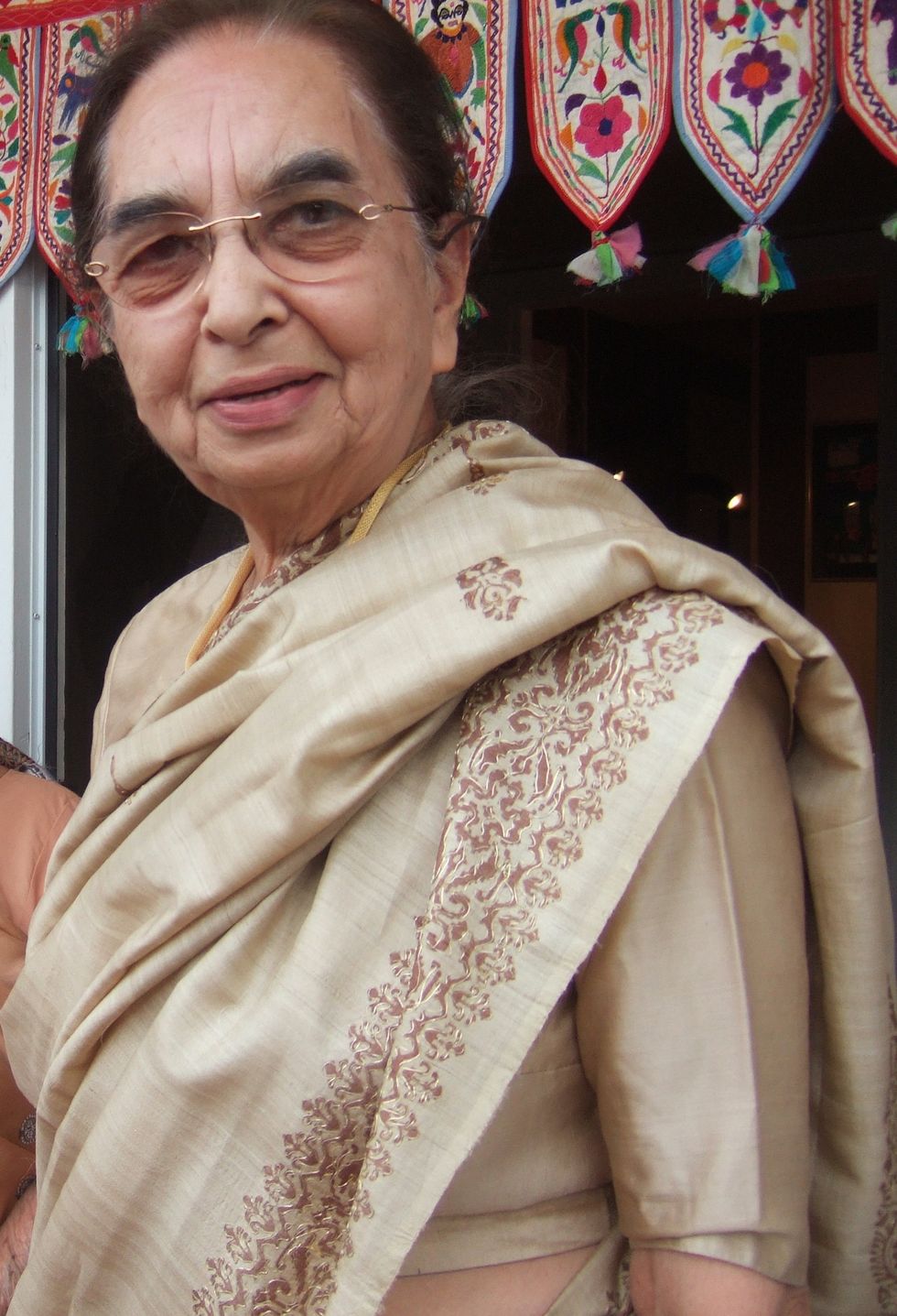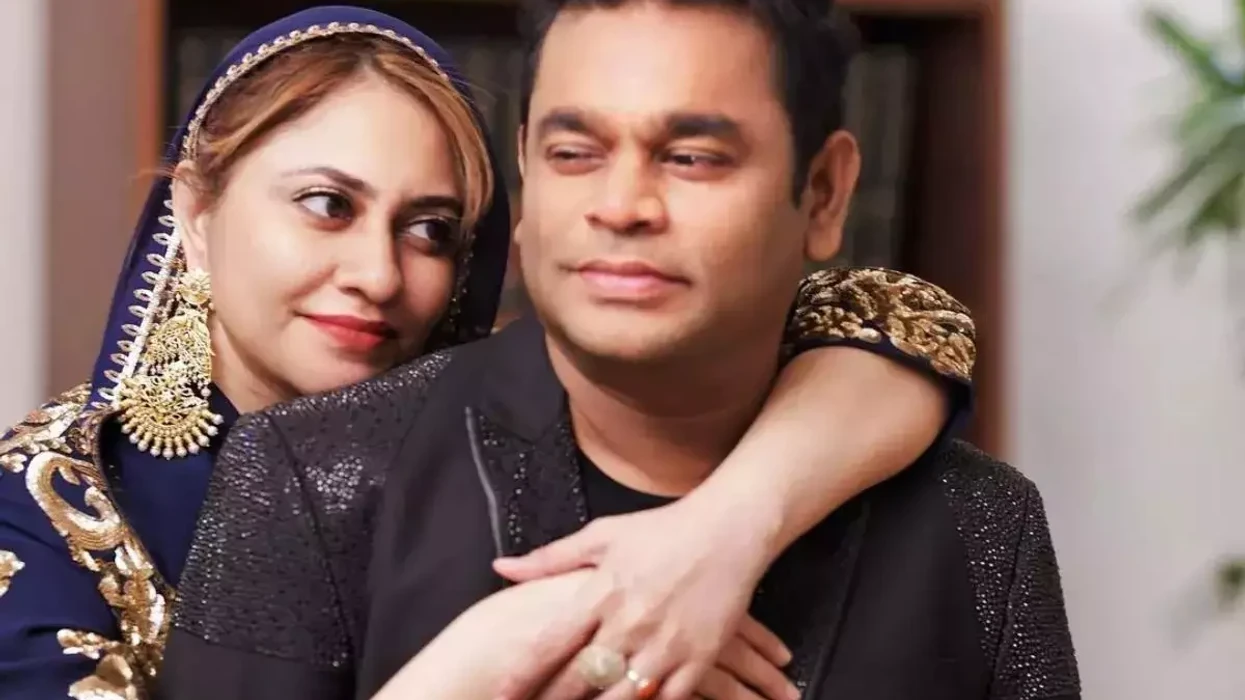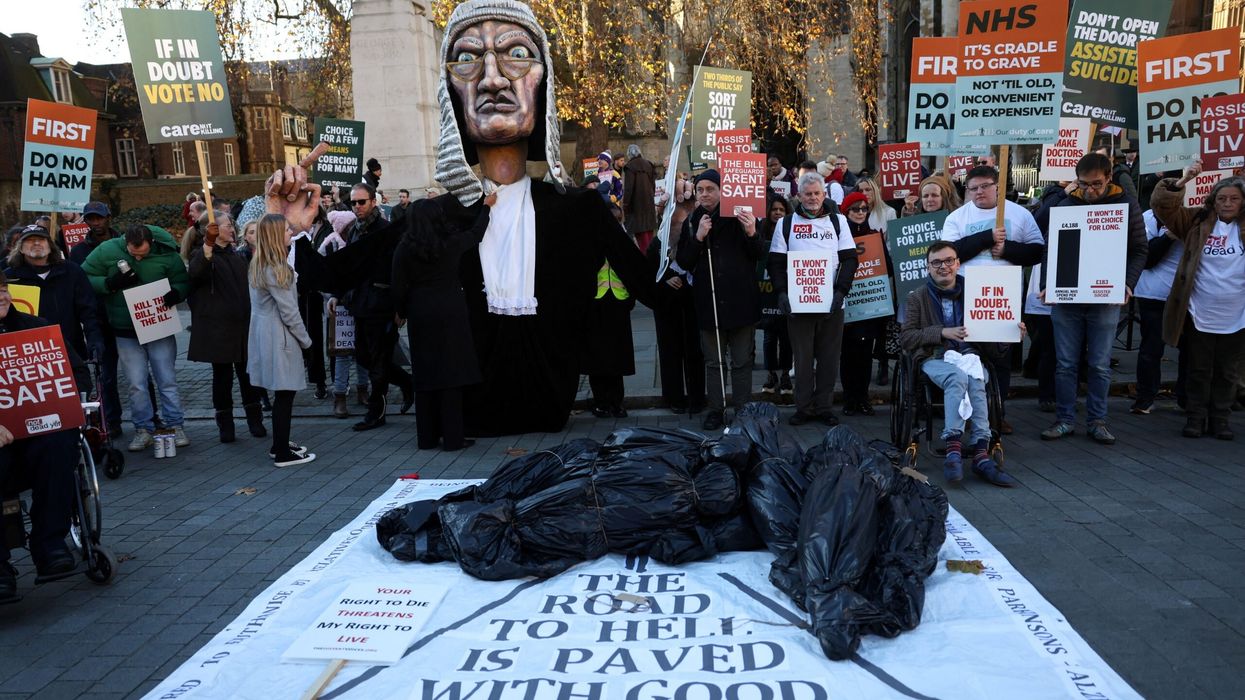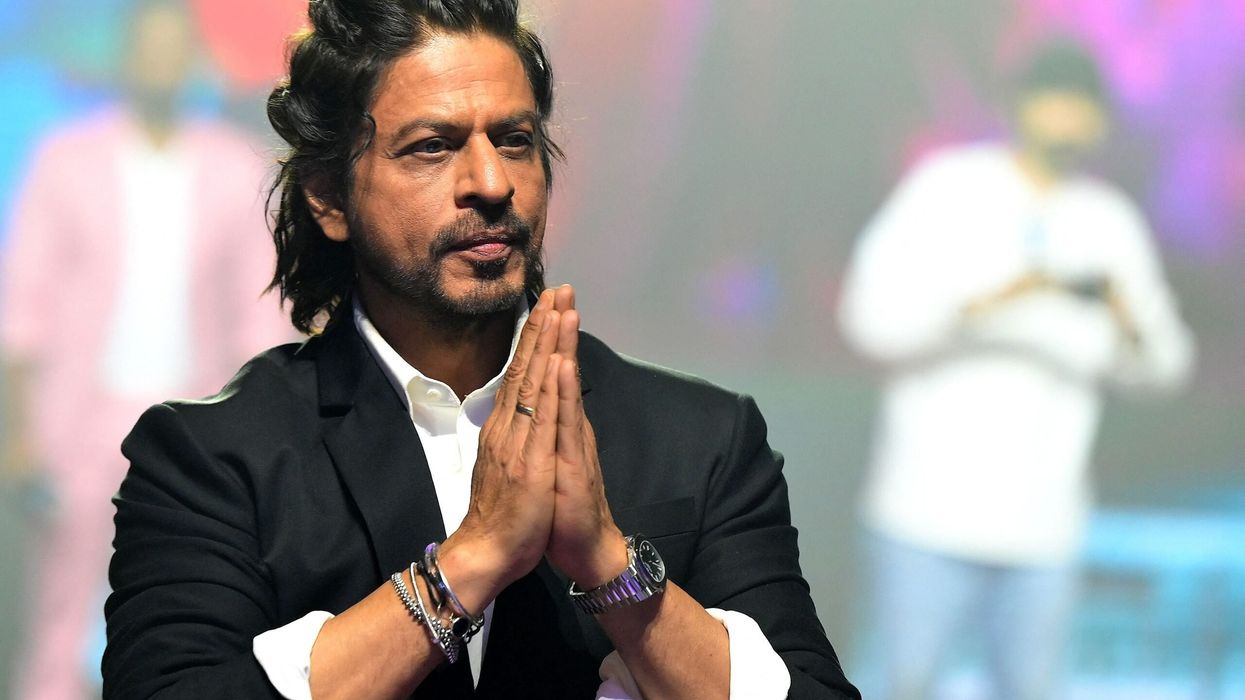THE historian Kusoom Vadgama does not think Sir Sajid Javid’s plan to build a monument to honour Muslim soldiers who fought for Britain during the two world wars is a good one, because she feels it would be a divisive gesture.
Her argument is that Hindu, Muslim and Sikh soldiers did not enter the war representing their religions, but “as Indian soldiers. They fought shoulder to shoulder. I don’t think it would be right to have a monument only for Muslims. What next? Would you have one for Hindus?”
Nearly 40 years ago, Vadgama was probably the first among historians in this country to draw attention to the contribution of Indian soldiers. Others have picked up on her research and passed off their derivative work as original.
There are those who go so far as to say Britain might have lost, had it not been for the British Indian army. The late Lady Shreela Flather was such a person. In the First World War, 1,440,500 Indian men and women, including 100,000 Gurkhas, volunteered for service in the Indian army. They fought on the Western Front, in Gallipoli, Persia, Egypt, Palestine and Mesopotamia.
In the Second World War, more than 2,500,000 Indians, including 132,000 Gurkhas, served in Burma, Malaya, Hong Kong, North and East Africa, France, Italy, Greece and throughout the Middle East.
Figures show that in the First World War, 113,743 Indians were reported dead, wounded or missing. In the second, 36,092 Indians were killed or missing, 64,350 wounded and 79,489 taken prisoner.
Of course, as Sajid has argued, the people of Britain do need to be aware that Muslims laid down their lives for this country. This would help to tackle some of the problems of Islamophobia. Sajid wants the chancellor, Jeremy Hunt, to “help make this vision a reality at the Spring Budget”. I don’t think Sajid thought of a Muslim monument when he was chancellor.

Would he be happy if there was a monument that united the communities and showed that Hindus, Muslims, Sikhs, Christians and others fought and perished in the mud as a band of brothers? Would that be better for British Asians?
Sarojini Naidu’s moving poem to the Indian soldiers, which did not mention religion, ends: “When the terror and the tumult of hate shall cease/ And life be refashioned on anvils of peace,/ And your love shall offer memorial thanks/To the comrades who fought in your dauntless ranks,/And you honour the deeds of the deathless ones,/ Remember the blood of thy martyred sons!”




















